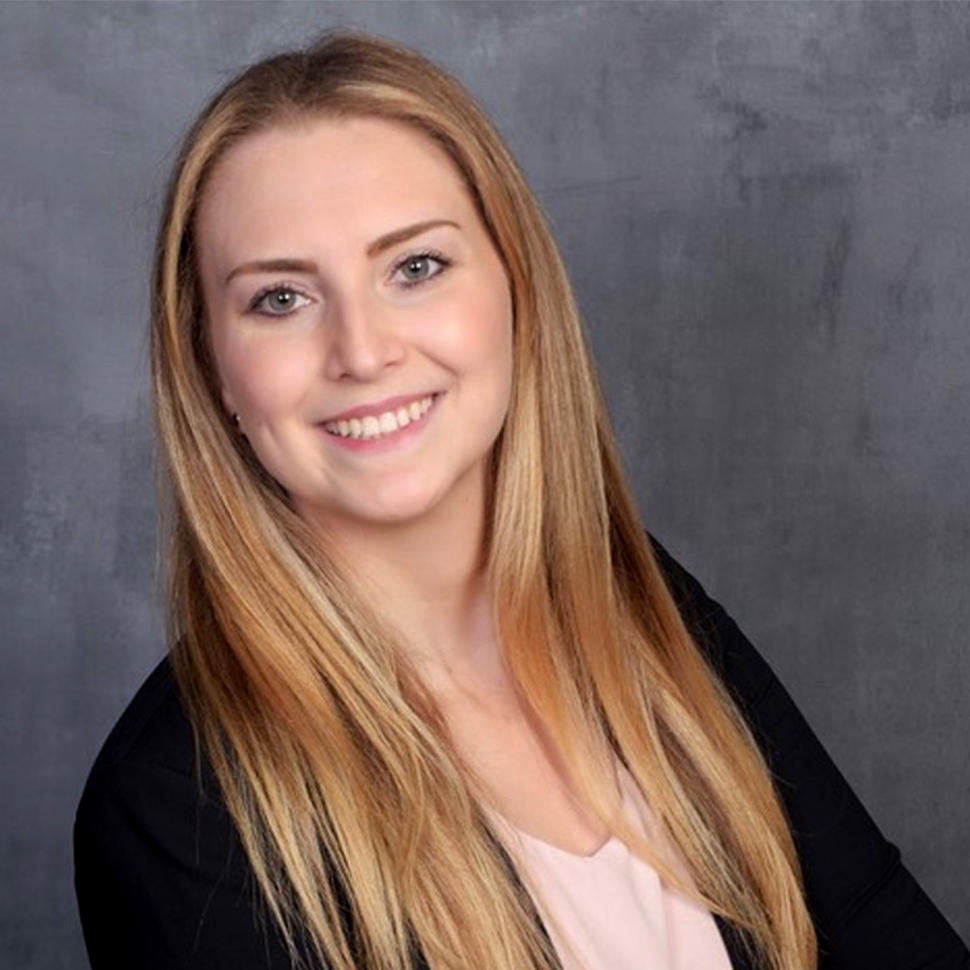Lauren
- Student, Lewis Katz School of Medicine, Temple University
- Childhood Cancer Survivor
Lauren (she/her) often attributes her survival of childhood cancer to her positive outlook. At 14, she was diagnosed with advanced neuroblastoma. Although enduring treatment was sometimes difficult, her hospital room was always a place of hope.
Part of Lauren’s treatment in 2012 included a new therapy with monoclonal antibodies that specifically targeted cancer cells. Targeted therapies have the potential to treat cancer with fewer harmful side effects, and data sharing initiatives like CCDI can speed their development.
“Continued collection of data can help researchers work toward creating more targeted and less toxic treatments so that future patients can survive cancer without needing to face lifelong effects,” Lauren said.
During and after treatment, Lauren shared her story in media interviews and on Capitol Hill to support childhood cancer research. Now age 25 with no evidence of disease, she explores her home city of Philadelphia when not absorbed in her medical school studies.
